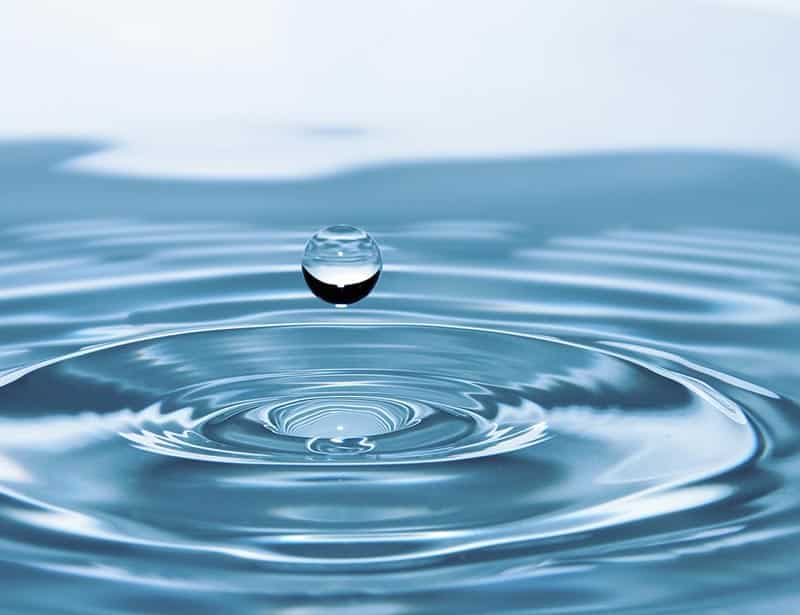Hard water can damage your plumbing system so a water softener is often added to avoid problems in areas that frequently have hard water issues. When water has high mineral content it is considered to be hard water. The minerals can clog your plumbing pipes and potentially cause more dangerous problems by leaching heavy metals from your pipes.
Minerals such as calcium, manganese, and magnesium carbonate can dissolve into rainwater as it percolates into the ground and flows through limestone and chalk. When this happens, soft water turns to hard water. Areas that rely heavily on aquifers for their water supply, such as along coastal cities such as Savannah, Georgia and Hilton Head, South Carolina, are more likely to have hard water issues with their plumbing system.
Some of the problems homeowners face due to hard water are:
Reactions with cleaning products – You may have seen rings of soap scum on your bathtub or mineral deposits on your cooking dishes. These are not signs of poor housekeeping but rather signs of hard water in your water system. When you use hard water, you might notice the lack of suds forming with soap. The hard water causes an adverse effect with soaps; instead of suds, you get soap scum that leaves rings in your tub.
Clogged drains – Hard water is especially problematic when the water is heated because the heat causes an insoluble solid called scale to precipitate out of the water. As scale builds up, it can clog your pipes causing water to be impeded. As the scale continues to accumulate, you could get leaking pipes.
Worn down fixtures – Scale can also build up in your appliances and water fixtures, such as your faucets, dishwasher, and washing machine. As the minerals from hard water accumulate inside your appliances, they restrict water flow. The unfortunate result of hard water is that you will need to replace the appliances and fixtures more frequently.
Adding a Water Softener
As the minerals in hard water build-up inside pipes, fixtures and appliances over time, you probably won’t see the problems right away. Eventually, all sorts of plumbing problems like those mentioned above can occur. To prevent this, water softener systems are installed.
There are some problems with adding water softeners to your home water system. These are mostly health-related. For example, if you suffer from hypertension, heart problems, or high blood pressure, some experts advise caution when adding a water softener because you are increasing the sodium in your water. Therefore, you might need to choose a water softener with as little salt as possible so as to limit the sodium content. Another option is to install a bypass pipe that allows hard water to be used for cooking.
Although there may be health concerns, the dangers from the number of minerals in hard water are more problematic than the problems using a water softener. In any case, it is first suggested that you test your water’s hardness to determine if you can benefit from adding a water softener.
Choose the Correct Water Softener System for Your Home
When choosing a water softener system for your home, make sure you choose an appropriate size. Water softener systems that are too big for the house’s plumbing system can cause inefficiency for the system while systems that are too small can restrict the water’s flow and potentially cause hard water to leak into the plumbing system.
Your local plumber at High Priority Plumbing in Savannah, Georgia is knowledgeable about hard water issues frequently found along the southeastern coast and throughout south Georgia. We can help you in determining the correct sized water softener system for your home and install it.
